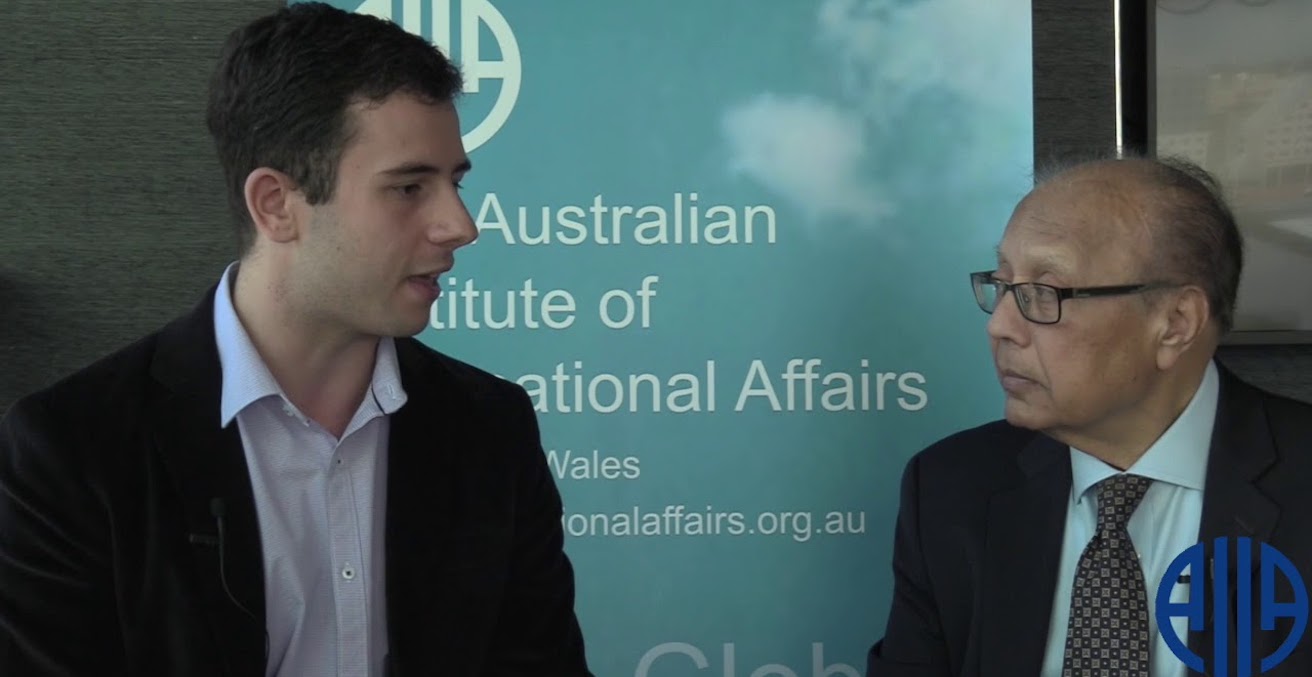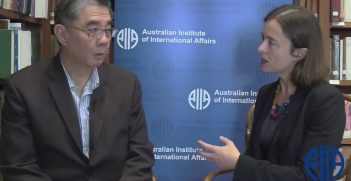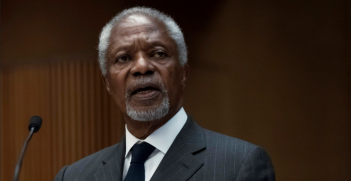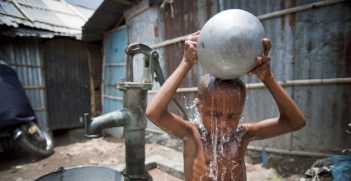United Nations: Women, Peace and the Least Developed Countries

The United Nations has the potential to provide a warning bell ahead of potential crises, such as the recent expulsion of the Rohingya, but changes to its structure are required.
Almost 40 per cent of the United Nations 193 member states belong to what former United Nations Under-Secretary-General and High Representative for the Least Developed Countries, Anwarul Chowdhury, calls the “voiceless countries of the world”.
Chowdhury, who was the Bangladesh Permanent Representative to the United Nations between 1996 and 2001, helped to ensure the passing of Resolution 1325 on Women and Peace and Security in 2000.
He says that whether through the United Nations or other groups, the empowerment of women is fundamental to the development of the disadvantaged countries, with every dollar spent on women’s health, education and increased participation generating a return of $7.
In further discussion of the United Nations as part a recent interview with AIIA NSW intern Damian Meduri, Chowdhury says that in future the United Nations should ensure that it is in a position to be able to pre-empt crises such as the violence against the Rohingya in Myanmar as “the United Nations’ most important role”.
Listen to the interview as a podcast (right click and save)
Ambassador Anwarul Chowdhury is the former permanent representative of Bangladesh to the United Nations (1996-2000) and was later appointed United Nations Under-Secretary-General and High Representative for the Least Developed Countries. He visited Australia in late 2017 to speak to International House at the University of Sydney.
Interview by AIIA NSW Intern, Damian Meduri.
Filming by AIIA Director of Communications, Annabel McGilvray.





